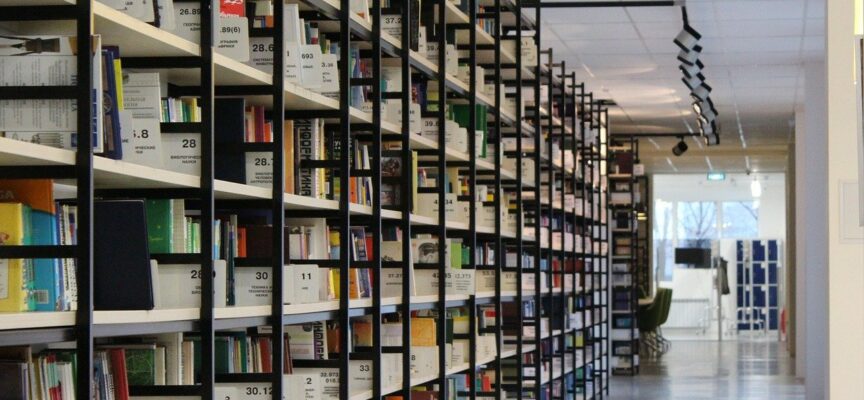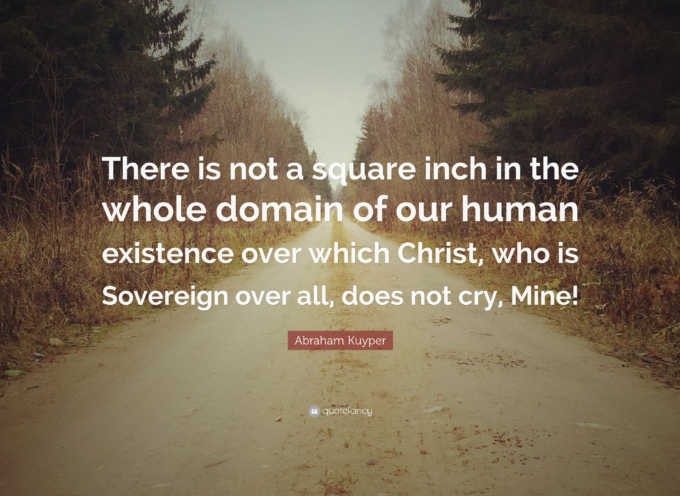Loosely defined, the phrase “liberal arts” refers to courses in Western philosophy, theology, literature, art, and history, with science and foreign languages playing a real but secondary role. For the ancient Greeks and many modern Westerners, the liberal arts have been thought necessary to cultivate good citizenship in a government of the people, by the people, and for the people.
At the beginning of my professorial career, I was asked to teach seminars in a Great Books program. Such a program is, by nature, multi-disciplinary and thus forced me out of the narrow confines of my chosen discipline. I continued to teach in that program for two decades; in fact, without a doubt, I learned more as a Great Books teacher than I did in my bachelor’s, master’s, and doctoral studies combined.
What must a student be expected to know? Put simply: the greats. Certainly the great thinkers and great books that have shaped our own Western civilization, but also some of the great thinkers and books arising from other civilizations and cultures.
Why bother with the great books? Why study literature, philosophy, and history? We teach the liberal arts because we know that we—as human beings—are fallible. We must recognize the magnitude of our errancy. The only infallible society is that of heaven. Even Homer “nods,” as the saying goes. And if Homer nods, we certainly will.
To read the rest of this article, originally published with Carolina Journal, click here.
Subscribe
Never miss a post! Have all new posts delivered straight to your inbox.







